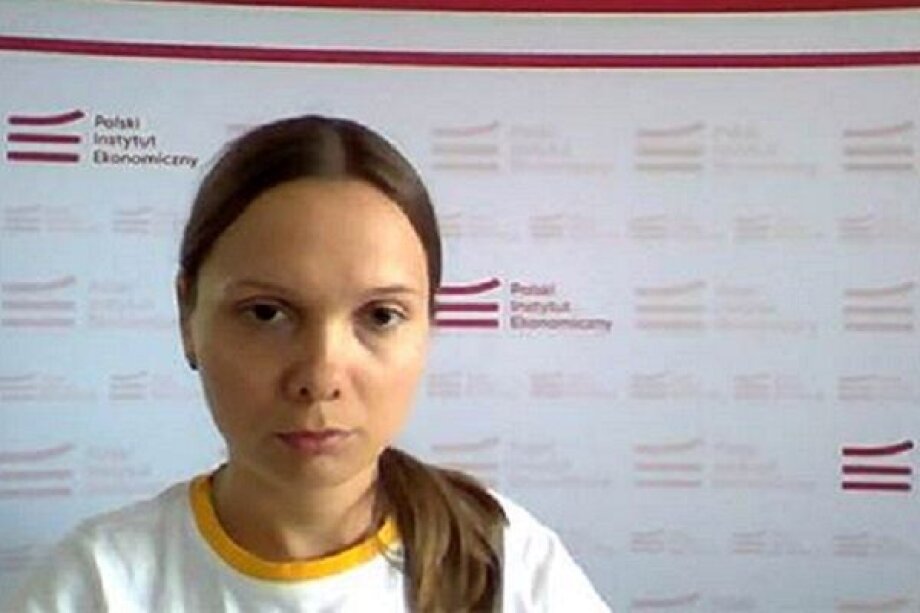Climate neutrality to be expensive for Poles


Striving for climate neutrality is connected with the fact that, as a society, Poles will have to bear the costs. However, inaction also comes with costs – only less visible. The proposal made last year by the European Commission is to extend the Emissions Trading System (ETS) to other sectors – in addition to industry and energy, also to transport and construction. Together, both these sectors are responsible for approx. 3/4 of the emissions in the European Union, and the reduction in these sectors takes place very slowly or almost not at all. For example, in the construction sector, only a 1 percent improvement in energy efficiency is assumed each year. Moreover, it is said that 3/4 of the buildings are energy inefficient. In turn, in transport, compared to 1990, emissions increased by over 20 percent. There are difficulties in reducing emissions in these two sectors. However, to meet the European climate goal-achieving climate neutrality by 2050 – construction and transport will also need to be reduced. For this reason, there was an option to extend the ETS. It involves costs for households – in particular for those who use fossil fuels for transport and heating.
"Road transport is responsible for 3/4 of emissions in transport, and residential buildings in construction. Unfortunately, the dirtiest fossil fuels are used in households with the lowest income. Therefore, the expenses of these households for transport would increase by several dozen percent, and for heating by 108 percent. For this reason, PIE – in cooperation with Cambridge Econometrics and RCST – prepared a report which showed the scale of the problem and proposed solutions to protect the poorest from these additional costs," Magdalena Maj, energy and climate analyst at the Polish Economic Institute ( PIE), said.